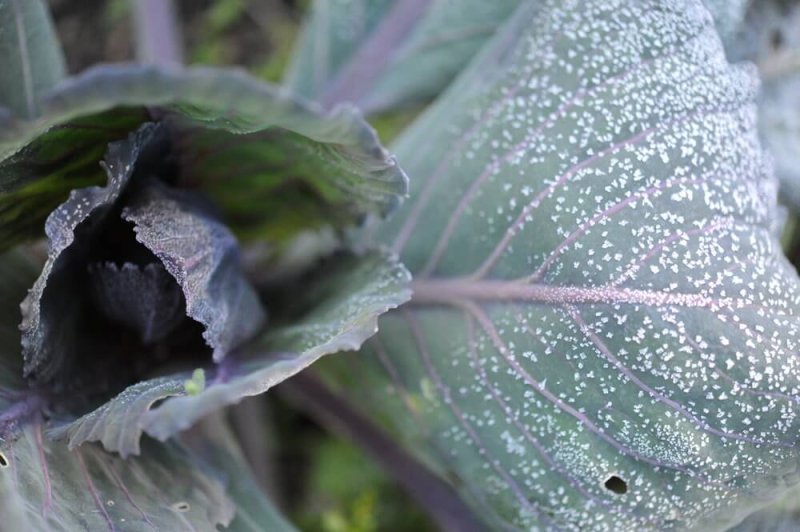When temperatures fall below 32 degrees, crops exposed to the elements undergo biochemical changes designed to protect cells from cold stress damage. Scientists identified the genes controlling this phenomena years ago, but have struggled to use the knowledge to engineer cold-resistant crops.
A new study from the University of Illinois may provide a novel approach at tackling cold-resistant crop engineering. The study, authored by Dr. Gustavo Caetano-Anolles, went beyond traditional approaches of examining a single gene, protein or biochemical pathway and instead simultaneously examined the entire collection of genes, metabolites, pathways and reactions undertaken in a plant’s cold stress response.
…
State-of-the-art gene sequencing provided researchers at the University of Illinois with the possibility to generate a complete list of all the genes and proteins active during the cold stress response, and, using a database, annotated the network involved.
“Our analysis revealed stress-associated metabolites in numerous pathways that we didn’t think would respond to cold stress, including amino acids, carbohydrates, lipids, hormones, photosynthesis and signaling pathways,” Caetano-Anolles said. “The study opened remarkable opportunities for genetic engineering and synthetic biology moving forward.”
Read full, original article: Snow laughing matter – New study tackles future of cold-resistant crop engineering































